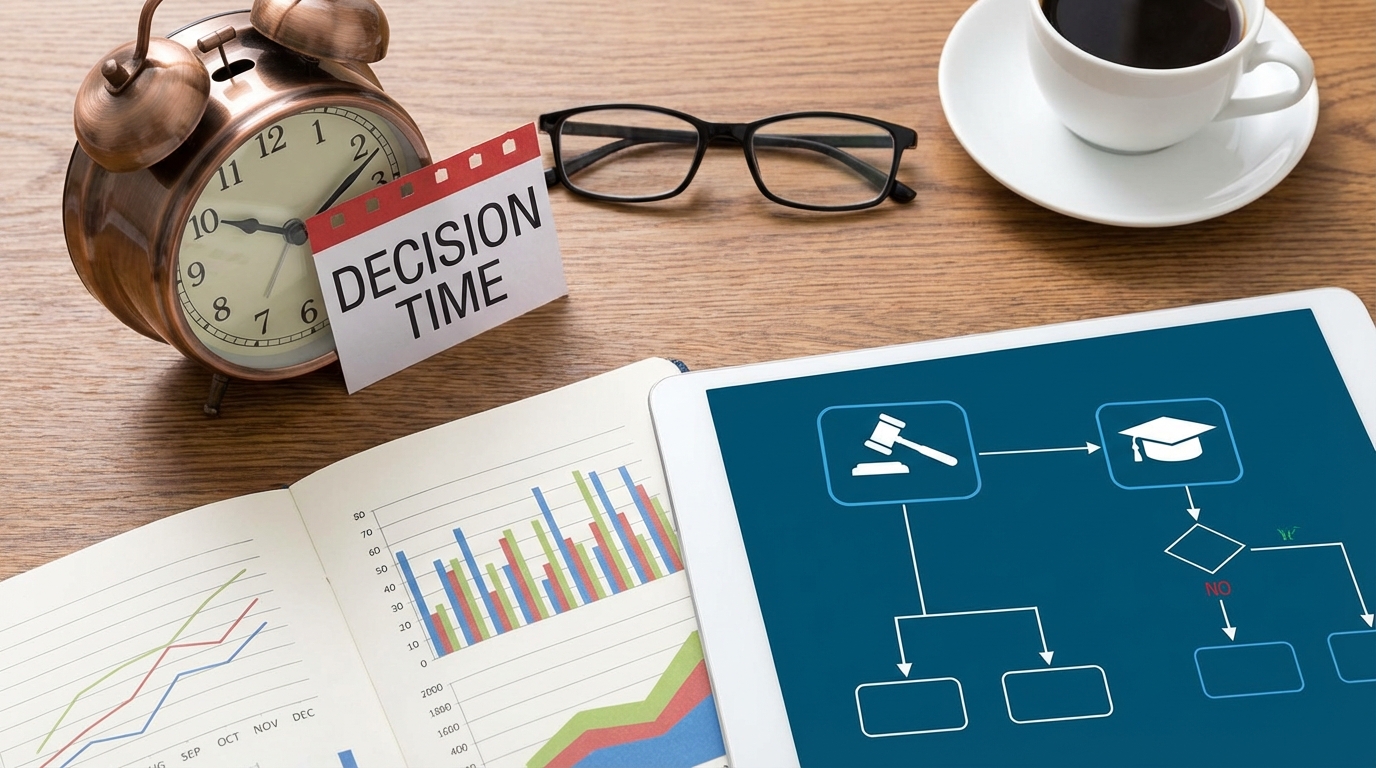Filing for bankruptcy can have serious, long-lasting consequences so it’s not a decision that anyone makes without serious consideration. Filing for bankruptcy can give you a much needed clean slate but it’s not always the best or the only option. When you’re asking yourself, “Should I file for bankruptcy?” these are some things to consider.
How Much Debt Do You Have?
Do you know the actual number? Sometimes when those bills start to pile up, people stop opening them. It’s understandable, what’s inside those envelopes is hard to deal with and sometimes people take the head in the sand approach. Eventually, they may not have any idea of how much their total debt is.
So the first thing you must do when deciding if you should file for bankruptcy is to sit down and total up the real amount of debt you have. It might be less than you thought and it might be more. But you have to know the number.
What Kind of Debt Do You Have?
Not all debts are forgiven during a bankruptcy including:
- Student loans
- Many kinds of tax debt
- Child support
- Alimony
- Fines and penalties you owe to a government agency
- Personal injury debts that are the result of drunk driving
- Debts stemming from tax-advantaged retirement plans
- Condo or co-op common fees
- Attorney fees resulting from child custody and support issues
- Criminal restitution and other court fines
We suspect the first one on the list is the reason a lot of people consider bankruptcy but no, student loan debt is not discharged in a bankruptcy. Before you file, know which debts you will be freed from which will still be there after the process. This information may be enough to determine the answer when you ask “Should I file for bankruptcy?”
Have You Explored Other Options?
Student loan debt won’t be forgiven in bankruptcy but if you have federal loans, there are multiple programs to help borrowers struggling to make their payments. If the loans are private, you may be able to refinance them so the monthly payments are more manageable.
Other types of debt may be eligible for debt consolidation or debt settlement.
Do you know how much money you’re bringing in each month, how much you’re spending and on what? These are all questions a budget can answer. If you don’t have a budget, create one. There are plenty of free online budgeting programs that make it easy. By creating and living by a strict budget, you may be able to free up enough money to handle your debt without filing for bankruptcy.
Can you bring in extra money? There are plenty of side hustles that are more flexible than traditional part-time jobs making it easier than ever to bring in side income to help pay off your debt.
You’re in Danger of Losing Your Home
If your home is about to be foreclosed on, filing bankruptcy can halt the process and give you time to get caught up on your mortgage payments.
You’re Dipping Into Retirement Accounts
The money in your retirement investment accounts can’t be seized to pay creditors in a bankruptcy. If you’re using that money to try to avoid bankruptcy, it can be a costly mistake.
This is the money you are going to live on after you stop working. It needs years to grow in those retirement accounts in order to give you enough retirement funds. This money should not be used to pay off debt, not even as a last resort.
Your Wages Are Being Garnished
If your wages are being garnished or you’re afraid they soon will be filing bankruptcy can stop the garnishment in most cases. Filing bankruptcy gives you an automatic stay that prohibits most creditors from starting or continuing collection actions during your bankruptcy case.
Debt Collectors Are Calling You Constantly
Even in the age of cell phones, constant calls from debt collectors, even if you don’t answer them, can be stressful. And some of these debt collectors can be extremely aggressive.
This often happens when your debt has been sold by the entity you originally owed money to. These debt collectors aren’t just employees of some company you owe money to, they are often now the individual person you owe money to because they purchased your debt for pennies on the dollar (the original debtor wrote it off as bad debt).
If they get money out of you, that money goes into their pocket so they are much more aggressive than the people who merely work in the debt collection department of some big corporation.
Once you file for bankruptcy an automatic stay goes into effect that means these debt collectors are no longer legally allowed to call you. If they continue the calls, they can face penalties by the court.
You Can Get Your Suspended Driver’s License Back
It’s pretty hard to make money if you don’t have a driver’s license to drive back and forth to work. If your license has been suspended due to your failure to pay driving or parking tickets or driving without insurance, filing for bankruptcy can help you get it reinstated.
Your Utilities Are Going to be Shut Off








